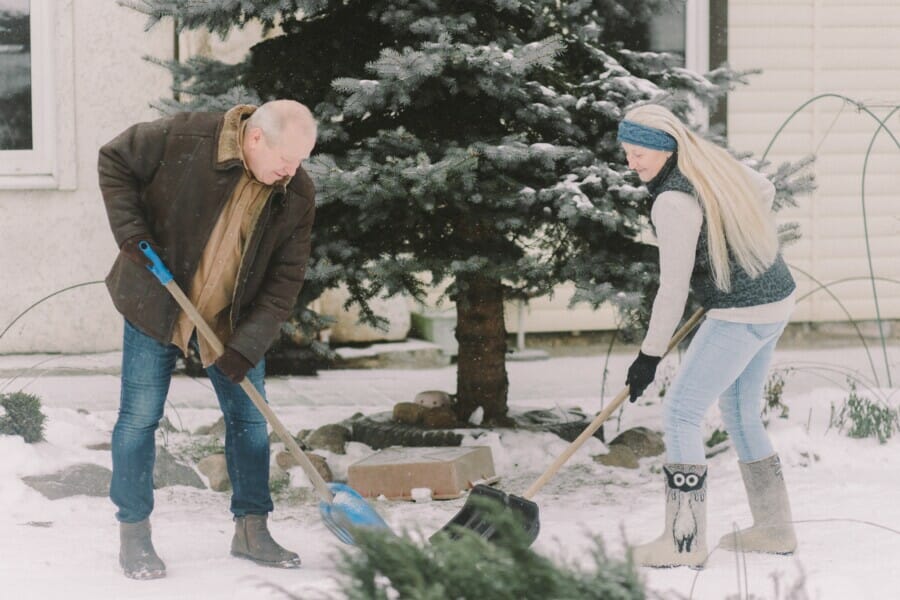Improve Your Health And Safety This Winter With These 6 Suggestions
As winter arrives, the risks associated with summer fade away. No longer do you have to worry about sunburn or mosquito-borne diseases. However, the colder months present their own set of dangers.
How can you ensure the well-being of yourself and your family? Here are six health and safety recommendations for the colder months to keep you warm and secure until spring.
1. Keep the Path Clear
Snow shoveling is not a light activity. It engages almost every muscle in your body and leads to over 11,000 hospital visits each year. Before you start shoveling snow in the colder months, make sure you dress in layers and warm up as you would for any exercise. Know your limits and take regular breaks — most individuals who end up in hospitals due to snow shoveling injuries suffer from heart attacks.
It’s essential to keep your sidewalks clear, which may be a legal requirement depending on your location. Failing to do so could make you liable if pedestrians, especially children on their way to school, slip and fall in front of your property. Luckily, there are now advanced chemical ice-melters and snow-melting heating pads available to make shoveling easier, especially for those with mobility issues.
2. Check Your Vehicle
About 70% of accidental fatalities during the colder months occur in cars. While getting your vehicle inspected cannot prevent someone from rear-ending you on an icy road, it can help avoid malfunctions that could turn you into a danger on the highway.
Your choice of tires is crucial, particularly if you reside in wintry regions like the Upper Midwest or New England. Investing in high-quality tires that provide good grip on icy surfaces is worth it. Whether you should use tire chains depends on state laws — check with local authorities for guidance.
3. Boost Your Immunity With Vitamin C
Vitamin C can be a game-changer for your health. Drinking orange juice after falling sick may not have significant benefits, but consuming this nutrient beforehand can help shorten the duration of your illness.
Since vitamin C is water-soluble and not stored in the body, it’s important to maintain a daily intake. A glass of orange juice in the morning can be a good start, or incorporate foods like fresh red bell peppers, which are high in vitamin C, into your meals.
4. Combat Seasonal Depression Naturally
If you struggle with seasonal depression, it’s crucial to seek help from a healthcare professional. In addition to therapy, your diet can play a role in improving your mood. Nuts and seeds are rich in minerals like magnesium, selenium, and zinc, which are beneficial for mental health.
Adding nuts and seeds to your meals can be a simple way to enhance your mood and overall well-being.
5. Stay Warm and Cozy
Dressing appropriately for the cold weather is not just about comfort — it can also help protect you from illnesses. Cold temperatures don’t necessarily make you more susceptible to getting sick, but they can create conditions where viruses thrive.
Dress in layers to stay warm and dry, and consider using an indoor air filter to improve air quality and reduce the spread of infections.
6. Prioritize Rest and Relaxation
Winter is a time for celebrations and vacations, but it’s important not to overexert yourself. Give yourself time to rest and recharge, as this can boost your immune system and protect you from colds and flu.
Learn to say no to activities that strain your limits, and remember that taking breaks is essential for your overall well-being.
Remember These 6 Tips For a Healthier and Safer Winter
As winter approaches, it’s crucial to be prepared for the new challenges it brings. Follow these tips to stay healthy and safe during the colder months!
Featured Image by Nataliya Vaitkevich via Pexels
















